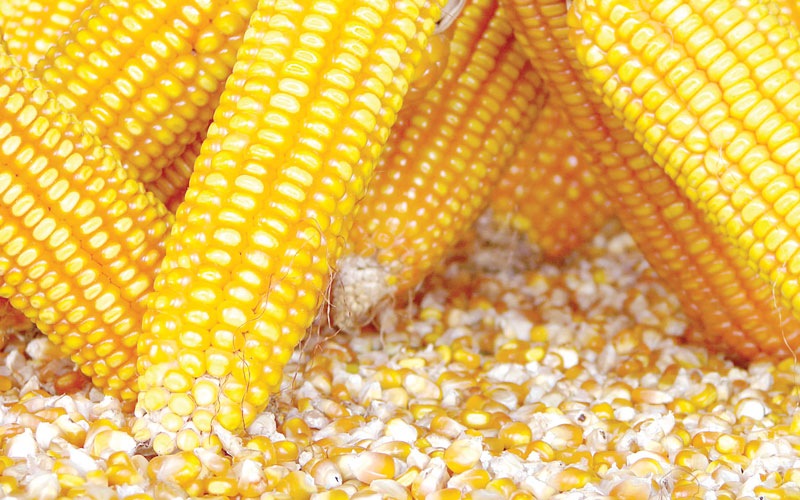State dims hope for Bt maize commercial farming in 2019

Hope by the principle Bt maize researcher, Dr Stephen Mugo and his team that the variety would be commercialised this year has been dashed after the government chose to pursue a cautious and stringent approval process.
However, things are different for Dr Charles Waturu, the principal researcher on Bt Cotton at Kenya Agricultural and Livestock Research Organisation (Kalro).
The Cabinet last week approved the commercial farming of BT cotton hybrids following the successful completion of field trials that were conducted over a period of five years.
Mugo and a team of researchers will close the year a dispirited lot following revelations by Agricultural Research Principal Secretary Hamadi Boga that farmers will have to wait a little bit longer for the genetically modified crop.
Consultative process
“It will have to wait a little longer for commercialisation to be considered. The decision was arrived at in order to have a more consultative process with a wider group of stakeholders,” he told Business Hub in an interview.
“The government chose to deal with it in a case-by-case process. Like any other technology, this is critical.”
Bt maize is a variant of maize that has been genetically altered to make it resistant to the deadly stem borer that causes loses estimated to at more than Sh9 billion per year.
Stem borers reduce maize production by an average of 13 per cent or 400,000 tonnes of maize per year, though this can double during drought years or when proper measures are not taken to manage the pests.
The 400,000 tonnes of maize lost annually to stem borer damage is equivalent to Kenya’s normal imports of maize. In other words, if stem borer damage could be controlled, Kenya could become self-sufficient in maize.
It was also a double blow to agricultural biotechnology stakeholders during the year after the government also declined to lift a ban imposed on importation of genetically modified (GM) products over a decade ago.
Boga had earlier in the year said talks were in top gear within the government to lift the ban soon.
The ban was effected in 2012 over safety concerns, riding on research that claimed that genetically modified maize has adverse effect on human health.
While Kenya has made significant progress on GMOs in terms of enacting watertight regulations and controlled research on crops such as Bt maize, Bt cotton, cassava, sorghum, and sweet potato, the ban has meant the country cannot progress to the commercialisation stage.
Widespread studies have, however, validated the safety of GM crops and repudiated the Seralini paper, the controversial study by Gilles-Eric Seralini that alleges GMOs cause cancer and which Kenya used in justifying the ban.
“The Seralini study that widely been discredited, and, as a country, we feel that lifting the ban is prudent in order to fully benefit from the GM technology,” Dorington Ogoyi, CEO of Kenya’s National Biosafety Authority (NBA) said.
Local researchers, led by the director of Nairobi-based International Service for the Acquisition of Agri-Biotech Applications (ISAAA), Dr Margret Karembu have been pushing to have the ban lifted as adoption of the varieties elsewhere continues with reports indicating that 17 million farmers planted 191.7 million hectares of biotech crops in 2019.
Cropnosis, an independent provider of market research, three years ago estimated the global market value of biotech (biotechnology) crops stood at $17.2 billion (Sh1.73 trillion), representing 23.9 per cent of the $ 70.9 billion (Sh7.14 trillion) global universal seed market.
Industry sources projected an increase of 83 per cent to 10.5 per cent of the global value of potential seed market by the end of 2022 and 2025.
Enormous benefits
“These are enormous benefits if biotech science is embraced. The science is one of the tools like any other that can lead to food security. It’s not the only solution,” said Karembu.
Also recently, she added, some 70 countries have approved GM or biotech crops for consumption as human food and animal feed among others.
Since 1992, there have been 4,349 approvals granted by global regulatory authorities while in Africa, South Africa, Swaziland and Sudan plant biotech crops.












